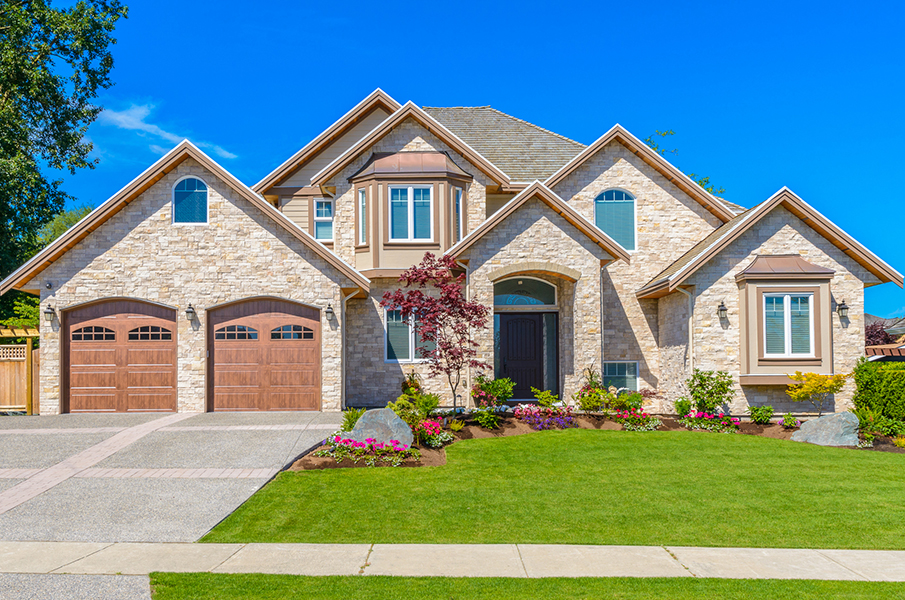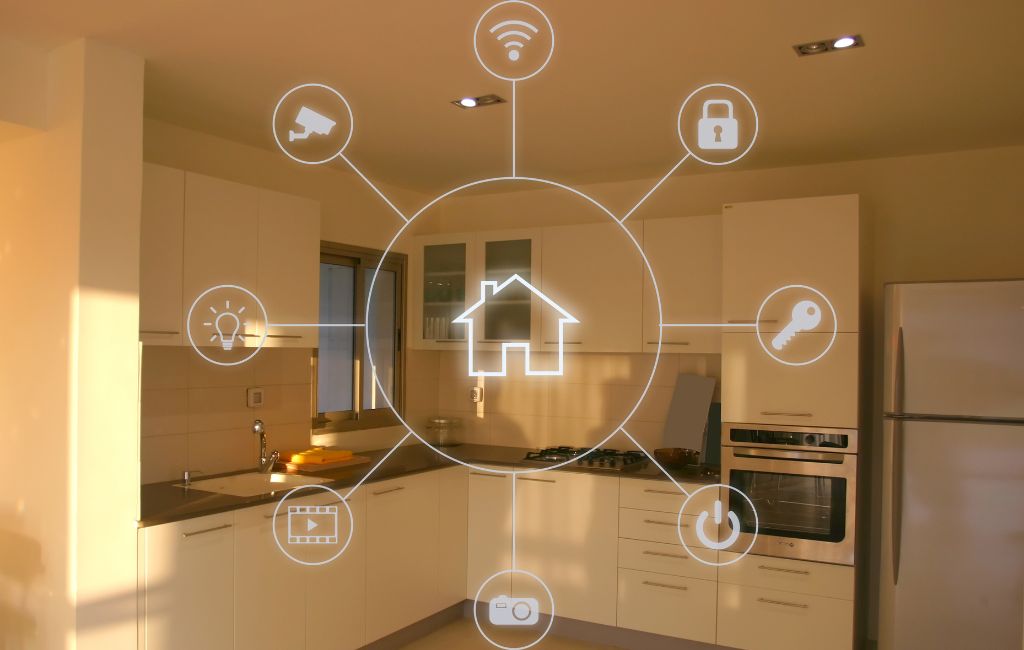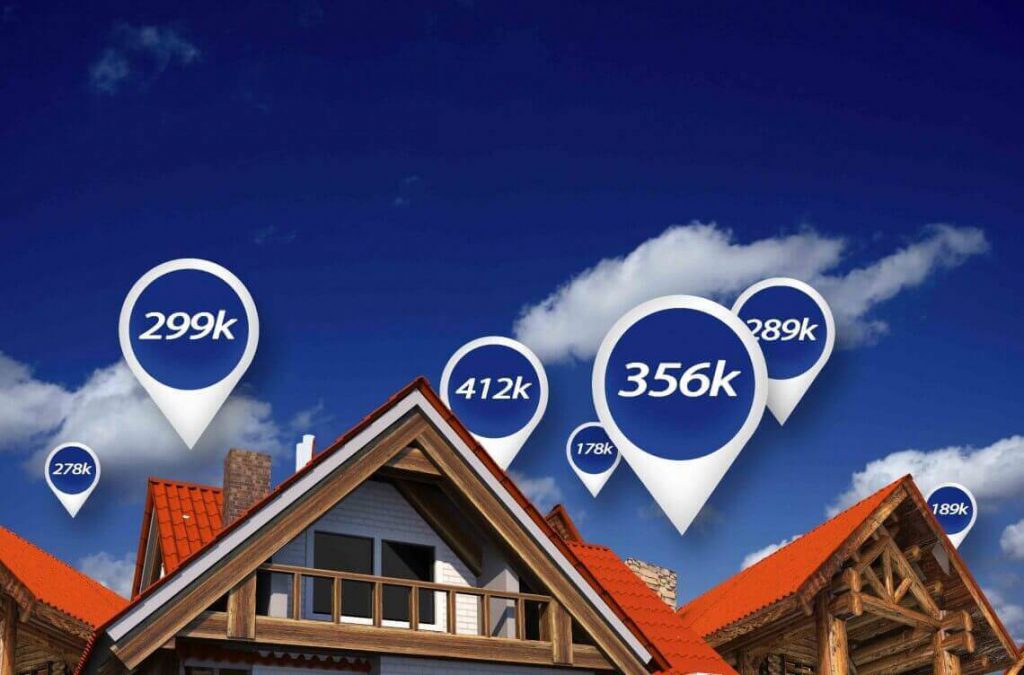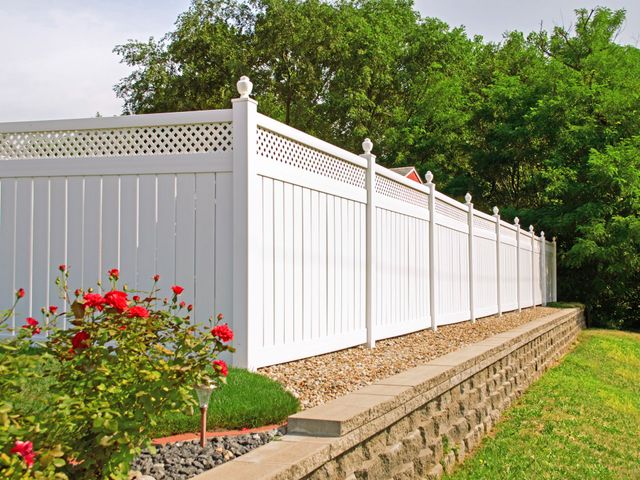Foreclosure Auctions: How to Buy Foreclosed Homes at Auction buying a home through a foreclosure auction can be an exciting way to secure a property at a potentially lower price. Foreclosure auction properties are often sold for less than their market value, making them an attractive option for both investors and first-time homebuyers. However, purchasing these properties is different from buying through traditional real estate channels. To successfully buy a foreclosed home at auction, you need to understand the process. This guide will walk you through the steps to ensure you make an informed decision.
What Is a Foreclosure Auction?
A foreclosure auction happens when a lender sells a property that has been repossessed because the homeowner failed to make mortgage payments. These auctions are typically organized by the lender, who aims to recover the remaining loan balance. Foreclosure auction properties can be homes, land, or commercial properties. These properties are sold at public auctions, which may be held either in person or online. Buyers can often find foreclosure auction properties at prices lower than market value.

Why Are Foreclosure Auctions Attractive?
There are several reasons why many buyers find foreclosure auction properties appealing:
- Lower Prices: Foreclosed homes are typically sold at prices below market value.
- Investment Opportunities: Investors can purchase properties at a discount, renovate them, and sell for a profit.
- Unique Deals: Auctions sometimes offer rare properties or homes in sought-after locations.
However, buying foreclosure auction properties comes with its own risks and challenges. To avoid surprises, it’s essential to do your research before diving in.
How Foreclosure Auctions Work
Each foreclosure auction follows a slightly different process depending on the auctioneer and location. However, most share similar steps. Here’s a simple breakdown of what you can expect:
Step 1: Research Available Auctions
The first step in buying a foreclosure auction property is finding upcoming auctions. Auctions may be listed in local newspapers, online auction sites, or through the lender’s website. It’s important to gather as much information as you can about the properties being auctioned. Take note of their location, condition, and starting bids.
Step 2: Investigate the Property
Once you’ve found a foreclosure auction property that interests you, you’ll need to investigate its details. Unlike traditional home buying, you may not have a chance to inspect the property before the auction. Therefore, it’s crucial to rely on available information:
- Title Search: Check public records to ensure the property has no outstanding liens or unpaid taxes that could become your responsibility.
- Property Condition: Drive by the property or use online resources to evaluate its condition.
Researching the property thoroughly helps you avoid hidden surprises after the auction.
Step 3: Understand Auction Terms and Conditions
Every auction has its own rules. Before bidding on a foreclosure auction property, it’s important to familiarize yourself with the auction terms. Key details include:
- Auction Time and Location: Make sure you know when and where the auction will take place.
- Deposit Requirements: Some auctions require a deposit upfront, so make sure you’re prepared to pay it.
- Bidding Process: Understand how the bidding will work, whether it’s in person or online.
Knowing these terms ahead of time helps you stay organized and avoid confusion on auction day.
Step 4: Prepare Your Finances
One of the biggest differences between buying a foreclosure auction property and a traditional home is the payment method. After winning an auction, you’ll typically need to pay the full amount immediately or within a very short period of time. Here’s how to prepare:
- Cash or Financing: Many auctions require immediate payment via cash or a cashier’s check. Traditional financing may not be an option, so make sure you have the necessary funds available.
- Set a Budget: Determine your maximum bid and stick to it. Bidding can be competitive, but it’s important to avoid getting carried away.
Being financially prepared ensures that you can act quickly if you win the bid.
Step 5: Place Your Bid
Once the auction begins, it’s your turn to place a bid on the foreclosure auction property. Auctions move fast, so it’s crucial to stay focused. If you’re bidding in person, signal your intent to bid by raising your hand or following the auctioneer’s instructions. If you’re participating in an online auction, keep track of the time and place your bid accordingly.
Bidding on foreclosure auction properties can be competitive, so make sure to only bid within your pre-determined budget. If you can’t keep up with the bids, it’s okay to walk away and look for another property.
Step 6: Winning the Auction
If you’re the highest bidder, congratulations! You’ve won the foreclosure auction property. However, the process isn’t over yet. The next steps are:
- Payment: You’ll need to pay the full amount of your bid, usually within 24 to 48 hours.
- Property Transfer: After payment, the auction house will provide you with the legal documents to complete the transfer of ownership.
Once you’ve completed the transaction, the property is officially yours.
Step 7: Take Possession of the Property
Once the sale is complete, you can take possession of your new property. While foreclosure auction properties are sold as-is, you can begin repairs or renovations right away. Keep in mind that some properties may be occupied by former owners or tenants. In these cases, you may need to take legal action to remove them.
Risks of Buying Foreclosure Auction Properties
While there are many benefits to purchasing foreclosure auction properties, there are also risks involved. Some common risks include:
- Unexpected Costs: Foreclosure properties may require costly repairs or renovations.
- No Inspections: You often can’t inspect the property before the auction, leaving you vulnerable to purchasing a home in worse condition than expected.
- Legal Issues: Some foreclosure homes may have unresolved ownership disputes or tenant issues.
- Competitive Bidding: Auctions can be highly competitive, leading you to bid more than you intended.
It’s important to weigh these risks carefully before participating in a foreclosure auction.
Tips for Success at Foreclosure Auctions
Here are some tips to help you succeed when bidding on foreclosure auction properties:
- Do Thorough Research: The more information you have, the better your chances of making an informed decision. Research the property’s condition, market value, and any potential issues.
- Set a Budget and Stick to It: Auctions can be intense, so it’s easy to get caught up in the excitement. Set a firm budget and avoid bidding beyond your limit.
- Be Prepared for the Unexpected: Because properties are sold as-is, you may face unexpected expenses. Be prepared for potential repairs, legal fees, or other costs.
- Consult a Lawyer: If you’re unfamiliar with the legal aspects of buying a foreclosure home, consider consulting a real estate lawyer.
By following these tips, you can increase your chances of making a successful and profitable purchase.
Purchasing a home at a foreclosure auction offers an exciting opportunity to buy foreclosure auction properties at a lower price. However, it’s important to understand the unique challenges involved in this process. By conducting thorough research, preparing your finances, and following the proper steps, you can successfully buy a property at auction. Whether you’re a seasoned investor or a first-time homebuyer, foreclosure auction properties can provide valuable opportunities in the real estate market.







